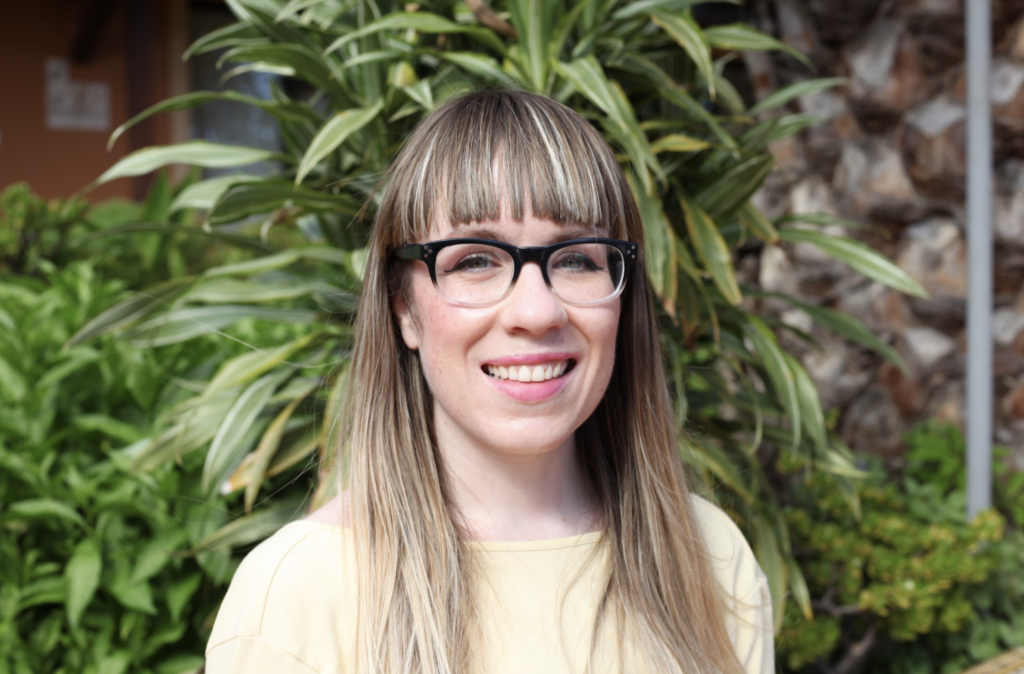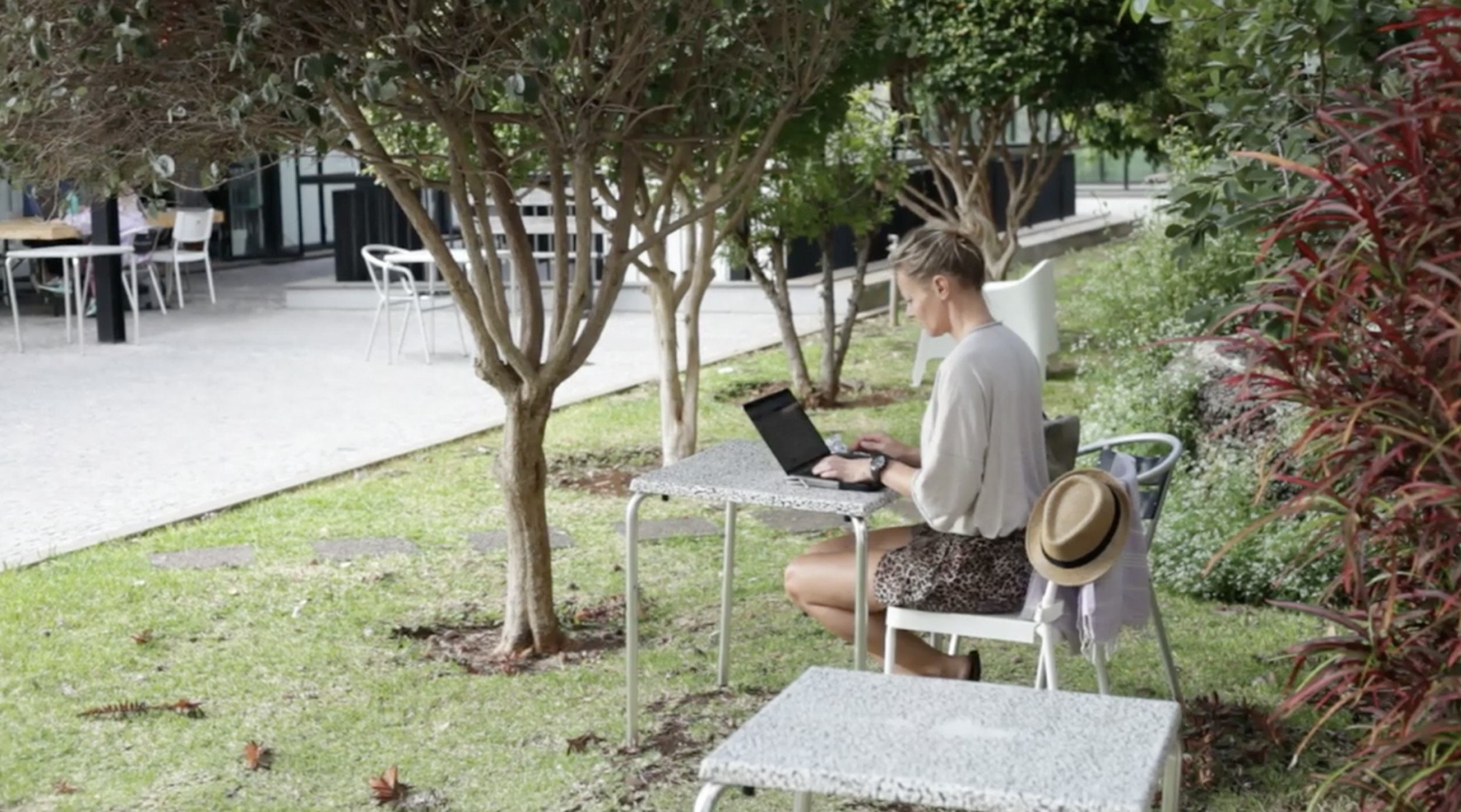What does the life of a digital nomad really look like?
Bogdan Danchuk is what you might call a veteran nomad. For the past 13 years he has lived in 36 countries around the world, including New Zealand, Spain and Malta, traveling every few months to a new location.
Japan, above all else, has been his favorite place so far.
“When I went to Japan, I felt like I was not just arriving in a new country, but on a different planet that is 100 years ahead of us,” says Danchuk, who is the founder of an international tax consulting firm. “I suddenly found myself amazed by things I had never noticed before and felt stimulated in ways I never knew existed.”
Moments like these, when you see the world with new eyes, are exactly why Danchuk’s life is in motion. But being a solo traveler also has its challenges.
Things have changed
The life of a nomad has become much easier since Danchuk first packed his bags. When he started, there was no Airbnb, no Facebook groups, no Tinder, and Google Translate wasn’t as good as it is today. The expatriate centers for young digital professionals that sprung up in big cities like Berlin, New York and Chiang Mai didn’t exist back then either, he says.
“You had no communities, you had nothing. It was just you, and what you could get out of life. Your social skills were everything,” he says.
👉 Read: Digital nomad visas in Europe: listed
Technology has certainly made things easier. Now travelers have ready-to-use information and communities through platforms such as meetup.com, Facebook and WhatsApp. Dedicated digital nomadic “villages” and communities have also started popping up, offering free coworking spaces, official hosting partners, and a bustling calendar of events.
Places like this make it easier to find friends, even romance, and the atmosphere, according to some nomads we spoke to, feels like going back to college – except everyone has more money. .
But sometimes the constant socializing isn’t all it’s made out to be.
nomadic exhaustion
When you’re a digital nomad, being a great storyteller is part of how you connect. But explaining who you are, where you’re from, and where you’ve traveled over and over can end up getting overwhelming.
“One of the drawbacks of this lifestyle can be the repetitiveness of conversations,” says Danchuk. “When you first arrive in a place, you witness those first encounters and find yourself having the same conversation you’ve had the last 6,000 times with other new people.”
But that doesn’t mean conversations are always superficial. Danchuk says that in nomadic circles, you’re often forced to share your “philosophy of life” and other intimate details about yourself in order to build relationships on a deeper level.
“But sometimes you really get exhausted sharing details about such personal matters,” he adds.

Gonçalo Hall, a four-year-old nomad who was the mastermind behind the digital nomad village project in Madeirasays building and maintaining relationships is by far the biggest challenge of being a digital nomad – which is why being part of a community is so important.
“When you move like every month or every two months, it’s very difficult to connect with people on the next level, because you know, everyone is leaving the following month,” he says. “Why should you create a deeper relationship with this person?”
Julie Boucek, who has been doing digital nomadding since 2015, agrees: “A decision to nomadding can be a decision not to become part of a community over time. It can be a decision not to stay close to family and old friends that you have known forever. This is a difficult work.”
“Finally, we feel the need to anchor and put down roots”
That’s why many nomads tend to slow down over time, Hall adds. “Eventually, we feel the need to anchor and put down roots. They say we are punished when we have books at home. Where are my books now? At my girlfriend’s mother’s house.
friendship tips
In today’s world of digital nomad convenience, however, there is a hack to building meaningful relationships in record time. Andrea Callan is another digital nomad who has temporarily settled in Madeira, where she regularly leads workshops on “authentic relationship”.
It’s a technique designed to speed up social interactions, making people feel like they’re drawing deep connections with old friends in just minutes, she tells Sifted. The workshops use short games to try and get people out of the “small talk” level of conversation, encouraging them to be intimate and share their feelings of the here and now.
“A genuine relationship is about building a more intimate connection in any conversation,” she says. “It takes the pressure off of this story that we have – of having to build these long-term relationships to be able to meet our need for connection and depth – because we can just do it with someone very quickly in a game of two. minutes, and never have to see them again.

And that’s not the only friendship hack we’ve heard of from spending time with nomads. Since the rise of bitcoin, digital nomad communities are increasingly populated by crypto and tech bros who translate the concept of decentralized finance into friendship.
“Because I meet so many people while traveling, I can choose people who are much more in line with my mindset,” says Sini Ninkovic, a digital wellbeing guru from Silicon Valley. “I think it’s part of the digitization trend: creating decentralized friendships.”
👉 Read: What do locals think of digital nomads?
To translate: Ninkovic stays in touch with her nomadic friends even after everyone has traveled to a new place.
“Instead of being local, friendships become global. I make three to four phone calls with friends every day to nurture relationships,” Ninkovic adds, taking his phone out of his pocket and showing us a map where each little colored dot represents a friend he met along the way and their location. .
lifestyle design
Relentless productivity and self-optimization are common traits we have noticed among digital nomads in Madeira Digital Nomad Village.
“You know what really optimizes your day? planning in your free the time in your Google Calendar. That way you don’t forget to take time,” was a snippet of a conversation we overheard while we were there.
“Being a nomad is a journey that you take on your own, for yourself, to find what makes you happy,” says Hall. “It’s about designing your life to become the best you can be.”

Self-optimization – from hiking to meditation to vegetarianism – is something Tomasz Sledz knows well. He is a life coach and organizer of the weekly “Integrated Man” workshop, designed to help men share their feelings and become better versions of themselves. So what makes an integrated man?
“An integrated man is a man who is connected with his strengths, his weaknesses. He’s very open-minded and open about what he struggles with,” he explains. “My mission is to show guys that it’s okay to share their challenges and not make them less of a man.”

Sledz adds that digital nomads tend to make perfect potential clients for a life coach: “Usually digital nomads are very adventurous and open-minded. For the coach, he’s the best type of person to work with.
While this may all seem like a bit of an exhausting environment, it’s also possible to enjoy the fun of digital nomad life, without all the intensity.
Thanks to Covid and the world of remote working, digital nomadding has become something many more people can try, if only for a month or two.

In Madeira, Sifted met Carol and Alan Geere, a British police investigator and a Chinese university professor respectively. They had settled near a small community of digital nomads in the southern town of Machico, but chose to rent an apartment in the hills, a bit further from the action.
“I work for a police force in England. I had to get special permission to come here, but it’s amazing that I can do my job here like I do at home,” says Carol. “We certainly wouldn’t fit the stereotype of a digital nomad. We’re both over 50, we’ve both had busy careers and we’re both working from home for the first time. It really opened up the world to us.
Tim Smith is Sifted’s correspondent in the Iberian Peninsula; he tweets from @timmpsmith. Miriam Partington is Sifted’s Germany correspondent and future of work reporter; she tweets from @mparts_
***
Sifted spent a week staying in Madeira’s Digital Nomad Village as guests of official hosting partner, Flatio.


Comments are closed.